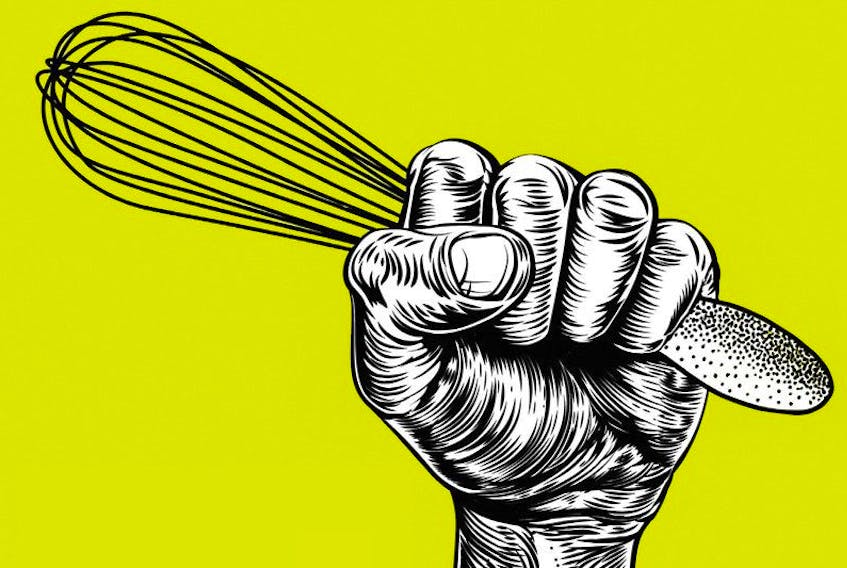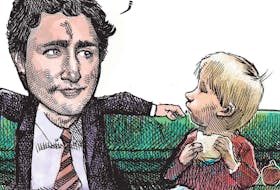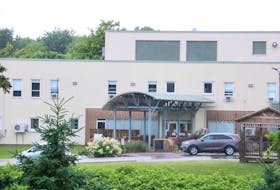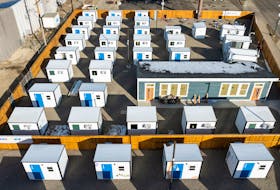By Simon Lono
If we accept that a core issue for democracy is the quality and level of public engagement in grappling with and understanding public issues, then we must target youth for education.
On a practical level, it’s hard to expect a high quality of public engagement if the general public has minimal understanding of public policy or legislative process, and starting that process as adults is too late. When government decision-making is a black box, the results are alienation from democracy, inability to fully participate in the public decision-making process, confusion, frustration and a growing lack of political agency.
I am always shocked when I encounter profound gaps in awareness of basic principles of responsible government. Yet the ability to distinguish among, for example, the legislature, the executive (cabinet) branch, and an independent judiciary opens the possibility of more meaningful input properly directed from an informed general population.
In the classic “How Canadians Govern Themselves,” one finds a clear and elegant description of the Canadian system of responsible government designed for a general student audience. Yet even when available at no cost, try to find a school classroom in this province in which this material is used.
From time to time there have been calls to include a “civics” course as part of our education system, but we need much more than a stand-alone course to be endured and forgotten.
Modifying legislative and/or electoral processes might eventually lead to improved democratic processes, but such change will not necessarily lead to more and better-quality public engagement. In other words, are we swapping alienation from one system for alienation from another?
I contend that imposing legislative/electoral reforms onto the existing provincial system will make little practical difference unless and until we educate more of our population — at an early level of education — in how to evaluate public issues and how to interact with government. We combat political alienation with education that promotes political understanding and political agency.
From time to time there have been calls to include a “civics” course as part of our education system, but we need much more than a stand-alone course to be endured and forgotten. Instead, the solution lies in more active education, integrated with the social studies curriculum, in public policy and legislative process from a younger age.
Specifically, the curriculum should include a broader set of activities featuring public policy debating and youth parliaments. Public policy debating is an activity that mimics the process used by decision-makers to reach policy conclusions. Combining advocacy, reasoning and research in history, economics and other social studies, students learn to explore ideas on how to best use limited public resources to achieve public policy ends.
The process of learning and practising debate offers profound and lasting benefits for individuals and for society. With its emphasis on critical thinking within a context of public policy, effective communication, independent research and teamwork, debate teaches skills that serve individuals well in school, in the workplace, in public life, and in fulfilling their responsibilities as citizens of democratic societies. Once students have learned how to debate, they are better able to critically examine the pronouncements of their political representatives, make informed judgments about crucial issues and take appropriate actions to make their views known.
Familiarizing the next generation of the electorate with our system of government is the other part of this process. While public policy debate provides the content for political engagement, youth parliaments provide direct and active education in legislative principles to ensure that students understand the form and processes of government. Through interaction in an environment that mimics the legislative process, debate, deliberation in a committee structure and passage of bills and resolutions, students learn and internalize the fundamental principles of responsible parliamentary government.
Most importantly, these activities encourage political agency over political passivity and alienation. I have seen these effects first-hand among numerous young people over 30 years of teaching, coaching and participation in debate and parliamentary activities.
Both youth parliaments and public policy debating have long histories in Newfoundland and Labrador in producing political leadership and in airing public issues when few other outlets could be found, particularly during the period of Commission of Government. Public debating societies, most notably the Methodist College Literary Institute (MCLI), originated in the 1860s and survived well into the 1960s. As a training ground shaping the likes of Joseph Smallwood and other provincial government leadership, their regular public debates were considered news by the media of the time. Youth parliaments in Newfoundland and Labrador reportedly date back to at least 1960.
There is no perfect governing system. In fact, many very successful political societies use very different governing formats than ours, so we will find no magic bullet in changing the format. Once you get beyond the basic common features of a democratic society (open and free elections, free media, rule of law, transparent economies, etc.), successful political societies have one characteristic in common: a popular sense that people can engage with the political process in a meaningful way and thus have political agency.
If we want to improve democracy in our province, we need a deliberate program to educate youth to illuminate the content and form of the black box of government, thus creating a public empowered, and equipped with the skills, to engage in democratic discourse.
About the Author
Simon Lono (entrepreneur) has more than 25 years of experience in practical politics working as a political and policy aide to premiers, ministers, MHAs and MPs. During this time he has developed expertise in the training and education of young Newfoundlanders and Labradorians in the theory and practice of policy debate, parliamentary procedures and process.









